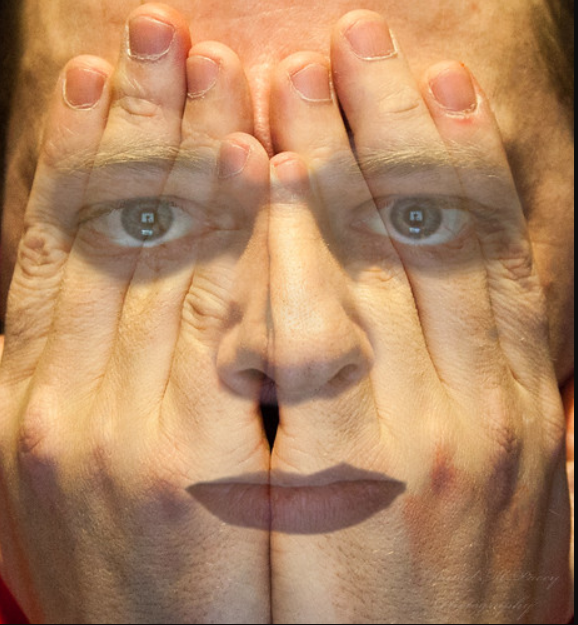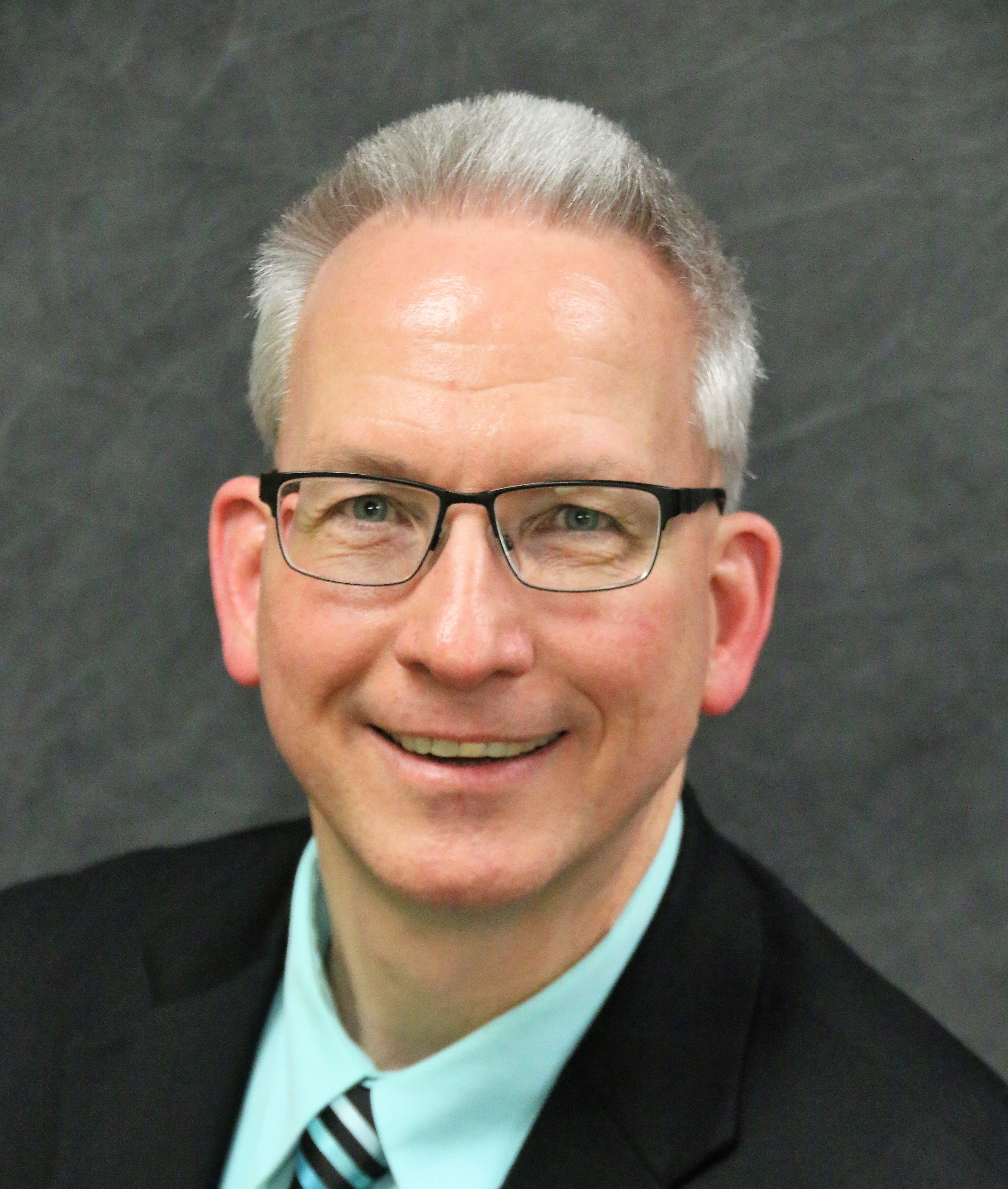
A few months ago, US News reported on the academic admissions scandal, Operation Varsity Blues:
“The case—the largest college admission scam ever prosecuted by the Department of Justice—exposes a long-running racketeering scheme dating back to 2011, in which parents paid an admissions consultant a combined $25 million to help students cheat on college entrance exams and to get them into elite colleges and universities as recruited athletes when in reality they were not athletes.”
This was a profoundly disappointing situation that displays the worst of our human failure on many levels. In addition to its magnitude, this particular scam especially grabbed my attention due to its higher-education context. It occurs within the confluence of many deeply significant factors:
Mentoring developing young adults.
Student life transitions including high school to college, and college to the professional world.
Parental ethics and leadership.
Student accountability and fairness.
Respect for the processes and institutions of higher education.
The responsibilities that are intrinsic to power and privilege.
Personal character and integrity.
Student character and integrity.
Parental character and integrity.
Professional character and integrity.
Societal and academic implications.
These are weighty matters that should give us all cause for concern. Specifically, they should remind us of six essential ethical realities:
1—Power and privilege do not equal immunity.
Whether in the Spider-Man world (“with great power comes great responsibility”) or in sacred writings (“to whom much is given, much is required”), we understand that large influence travels with commensurate accountability. Just because a parent might hold a position of influence, have a prominent name, or possess significant fiscal assets does not mean the law of the land and academic admissions policies do not apply. Many benefits come with position, name, and assets—immunity from the law and organizational policies should not be among them.
2—Bad outcomes can manifest from an apparent good heart.
A pure heart never guarantees a noble outcome. That is because all of us are subject to change and sometimes that change equals corruption. A parent of a one-month-old child might begin with a pure heart that leads to noble outcomes. However, fast forward that same parent 17 years and now vicariously experiencing that child’s college admissions stress. Do we have an outcome guarantee? Of course, it depends on the parent. Many noble outcomes ensue, but many does not equal all. Some parents in their quest to provide the best for their child will succumb to the temptation to step outside proper boundaries. Doing so is seemingly justified by that apparent good heart:
“I’m doing this because I want to give my child the best.”
Although we can all to some extent understand this sentiment, it in no way excuses or justifies the unethical actions and outcomes. If anything, it reinforces how vulnerable we all are. Therein lies the need for a constant ethical scrutiny over ourselves and our communities.
3—Unethical practices to gain entry into an ethical institution fundamentally disqualify the candidate.
On the most basic sensible and philosophical level, by definition any ethical institution must deny any candidate entry when that entry attempt was unethically based. Any other action makes a mockery of the ethical institution and its entry process. Our academic institutions are among the tallest pillars of our humanity. The fundamental preservation of their purity must remain a constant commitment by every human being directly or indirectly connected to them.
4—Falsifying your child’s profile only immerses that child into a universe that is fundamentally and unfairly built on false pretenses.
When we enter into a new universe by virtue of truth and integrity, we do the best service to ourselves and others. To enter into a new universe not arrived at via truth and integrity will degrade and undermine all aspects of that new universe both for ourselves and others. Going into a new universe is something that the student should want to do by being his or her authentic best person. You cannot be your authentic best person without first BEING that person. In being that person, you then genuinely display that person. Therefore, no one can be that best person without truth and integrity.
5—Secretly shielding your child from the consequences of that child’s behavior, aptitudes, and performance vehemently disrespects that child’s personhood, and this is an abuse of your parenthood.
Parenthood is an extremely personal, overwhelming, grave, complicated, rewarding, painful, amazing, and beautiful role. However, none of those adjectives imply that the parent owns that child. Nothing could be further from the truth. Indeed, the child is “on loan” to the parent for a limited time, during which the parent has a stewardship responsibility.
An intrinsic stewardship component of parenthood is releasing that child from your tutelage. That releasing process begins the moment the child is born and slowly continues for nearly two decades (in most cases). Although parents may struggle to varying degrees with the releasing process, each parent generally embraces the releasing process out of a respect for the child’s personhood.
Fundamentally, the best action a parent can take is to respect the child’s personhood; the worst action a parent can take is to disrespect the child’s personhood. When you send your child out into the real world, anything that you directly or indirectly do to disrespect that child’s personhood does that child no favors. Rather, it does that child an inexcusable disfavor.
6—The university should be the grooming and proving ground for the professional world.
From the student’s first connection to the college, the grooming and proving ground springs into action. If the student takes this opportunity seriously, then the stage is set for an ongoing personal and professional growth experience hosted by that college. It is an extremely significant academic development opportunity while simultaneously presenting somewhat of a preface to the yet-to-come extremely significant professional development opportunity that more fully continues postgraduation. Lifelong patterns embed themselves into how that student executes personal and professional growth. That total process deserves and demands nothing less than a student’s pure authentic personal and professional investment. Polluting any aspect of that process by deceptive practices is reprehensible.
CONCLUSION
Navigating higher education was never intended to be a walk in the park. Young people and their parents must understand this. However, by embracing these six ethical realities, we will navigate higher education with virtue, class, and character—and those are the inner assets of the soul that no academic credential can provide.

